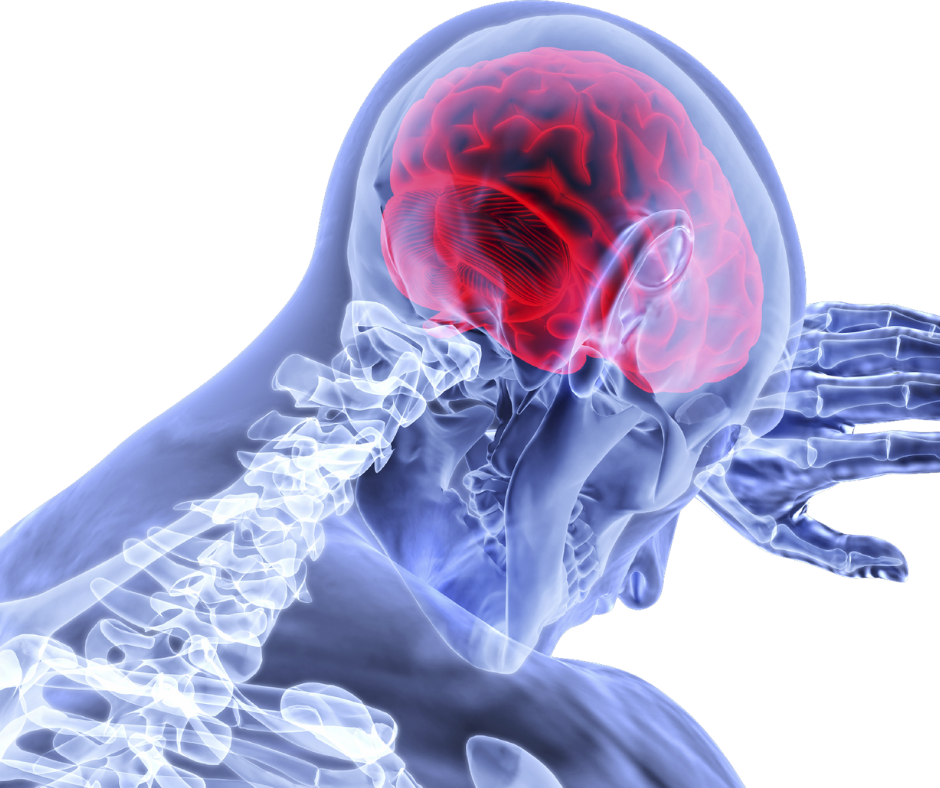By Christine Ferch

Mindfulness
By Christine Ferch
In times of crisis like the pandemic we are currently facing, we need to be mindful of our thoughts and emotions which may guide our behaviours. Mindfulness-based practices are straightforward to use and completed at home. Essentially, it’s capable of bringing back an individual from a deep spiral of negative thinking. The skills developed from MBCT bring the individual back to the present by acknowledging one’s sensations, thoughts, physiological factors, consciousness and their environment.
Openness is encouraged and expanded.
Clients are encouraged to be open, curious and acceptance, and these traits allow a person to spiral from looking at the pandemic from a world perspective to bringing them back down to the present moment and within their local community. This particular strategy reduces the idea of being severely at risk, to a realistic view of “I may become sick, but if I do these activities, to reduce my risk”. In our exploration of this topic, we start to understand what mindfulness-based practice seeks to achieve and seeks to incorporate within various aspects of not only meditation but breathing exercises too.
What does mindfulness-based practice do?
This method of therapy incorporates aspects of meditation and breathing exercises in conjunction with cognitive behaviour therapy. MBCT strategies allow the client’s negative thought process to spiral into rumination, to dissipate. Additionally, this therapy connects the individual with what they think to how they feel. MBCT takes a proactive approach, once an individual is in the mindset or can learn a new skill, the individual learns how to become aware of what emotion they are feeling and what that emotion creates within the body, such as nervous: sweaty palms or a racing heart.
The activities are designed to turn the individual away from their constant negative thoughts, gain a new perspective for responding to different experiences. These strategies build new neural networks allowing the individual to have a change in their thought process.
Who can benefit from MBCT?
MBCT has proven to be an effective therapy method for anxiety, depression, postpartum depression, couples therapy, life transitions, post-traumatic stress disorder, trauma, difficulties with sleep, chronic pain, stress and panic attacks.
This therapy is useful for children, youth and adults as the strategies within come from within the person. They involve being aware and in tune with the body and using the body to be brought back to the present, feel grounded and in control.




